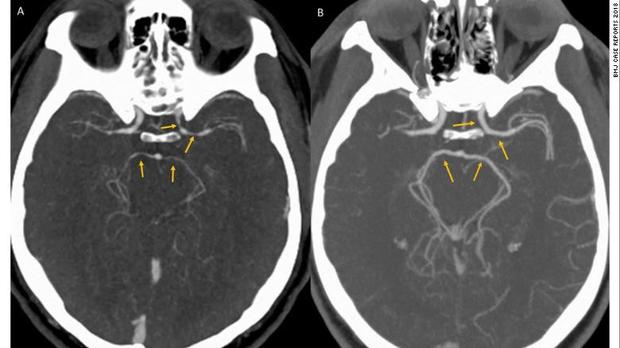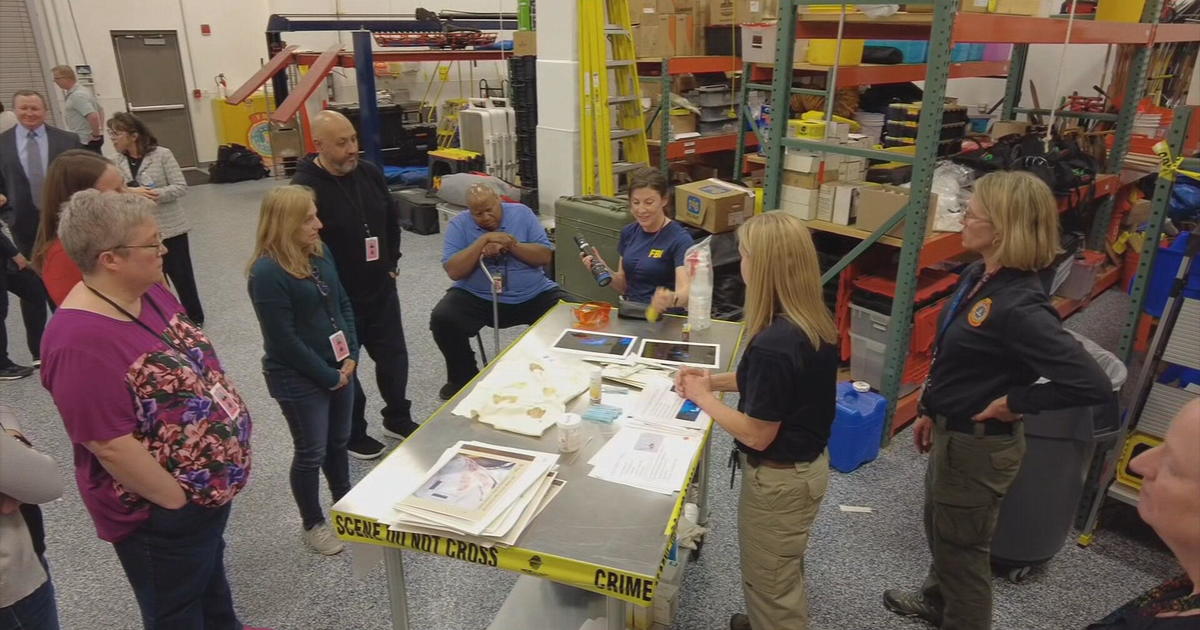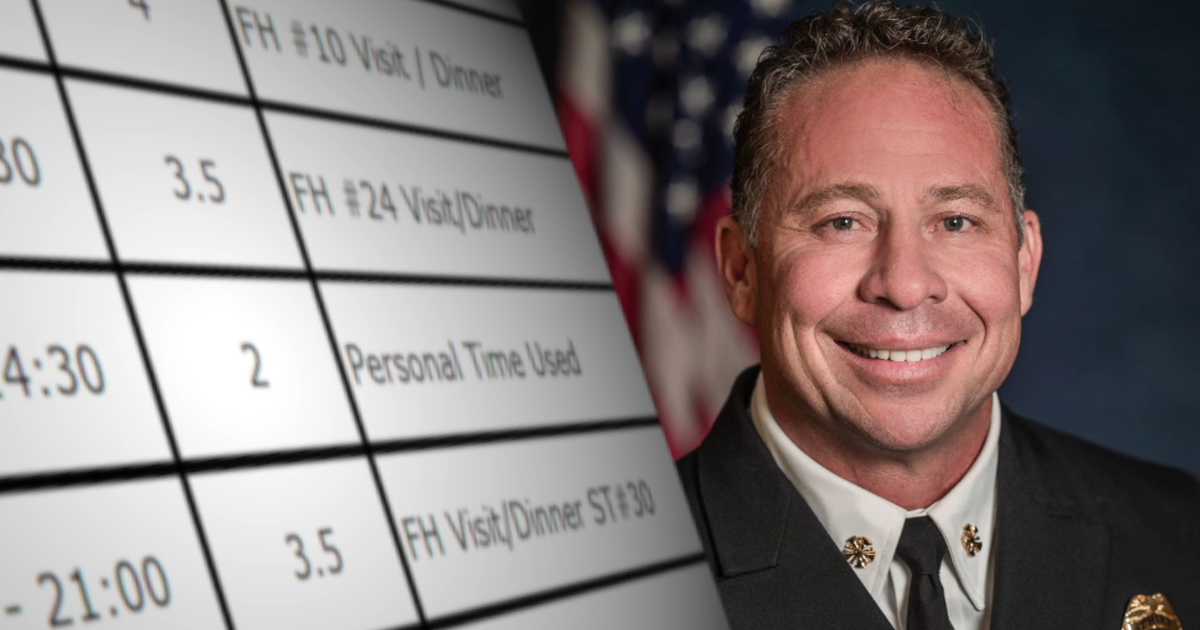Like Spicy Food? Here's What Happens To Your Brain When You Eat The Hottest Pepper In The World
DENVER (CBS4) - If you like hot, spicy food, and think there is nothing too fire-like to slide down your food pipe, you may want to think again. You could wind up in the hospital where everyone is worried you burst a blood vessel in your brain.
That's exactly what happened to a 34-year-old man who took part in a chile tasting contest. He decided to shoot for the moon… or in this case the surface of the sun, as he gobbled the "hottest pepper in the world".
It called the Carolina Reaper, and it's 400x hotter than a jalapeno pepper.
According to a case study in the British Medical Journal, the man took a single bite, followed by a single swallow, then was then followed by a racing ambulance ride to the nearest hospital.
Within two seconds of the swallow, the swallower wound up with the worst headache in his life, one we call a "thunderclap headache."
It's medical lingo for a sudden, horrific headache---one that you've never had before ---that's so bad the first thing we think is that you burst an aneurysm in your brain.
And that's just what doctors worried about when this guy was wheeled---in agony--- into the emergency room.
Some stat tests and scans didn't show a burst vessel, or a brain hemorrhage.
Instead there was a lot of spasm in the vessels, caused by chemicals in in the pepper. Those chemicals caused those arteries to tighten up, decreasing blood flow to vital areas of the brain, and causing intense pain.
The images show two scans: one where the arrows point to the narrowed arteries in spasm, the second where the vessels finally open up again.
The worst part, we don't have medicine to fix this quickly. It took a couple of days for the spasm to lessen but a full five weeks for the narrowed vessels to finally relax and work normally again. In the meantime, there were a lot of meds to protect the brain, lower blood pressure, and relieve the pain and nausea,
It all sounds weird, yet the phenomenon is not unknown, and has an actual medical name: "Reversible Vasoconstriction Syndrome" or RVCS.
In some cases, its triggered by medications, including anti-migraine drugs and other medications. I've even heard of one case where a person trying to burn off weight sucked down cayenne pepper pills and had this happen. And we've also seen in in people who snort cocaine.
In this particular case, it was a chemical in the high octane pepper called capsaicin.
Fortunately, the man did well, and has probably sworn off peppers and hot sauces forever. But in about two percent of people who develop RVCS, the result is a stroke. A thunderclap is something we always pay close attention to, whether it be RVCS or an aneurysm.
Dr. Dave Hnida is CBS4's Medical Editor. He blogs about the latest studies and trends in the health world. Read his latest blog entries, check out his bio or follow him on Twitter @drdavehnida




